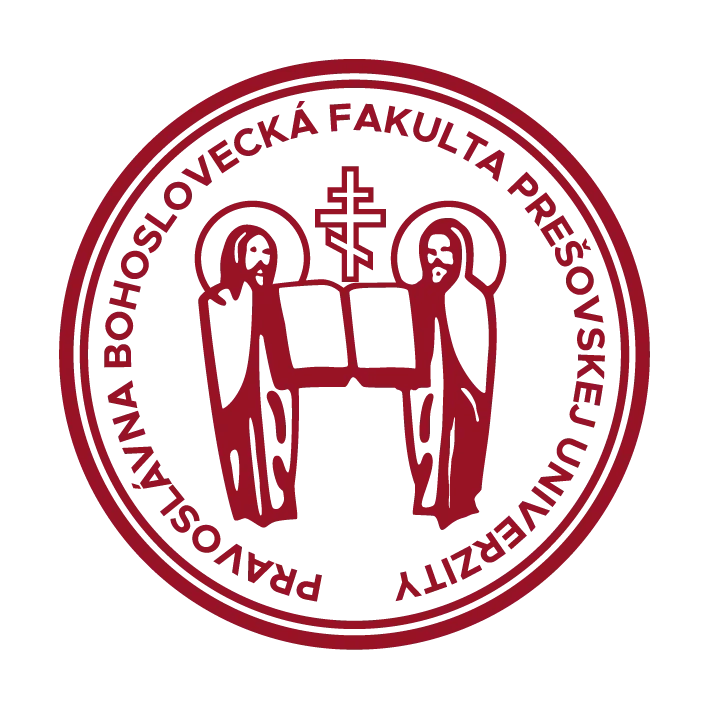CAIROVIC Ivica - Acta Patristica, volume 10, issue 21/2019
VUKAN NEMANJIC AND THE POPE INNOCENT III
/ВУКАН НЕМАЊИЋ И ПАПА ИНОКЕНТИЈЕ III/
Ivica CAIROVIC
assistant professor, Faculty of Orthodox Theology, University of Belgrade, Mije Kovacevića 11б, 11060 Belgrade, Republic of Serbia, icairovic@bfspc.bg.ac.rs, 00381112762732
Abstract
The theme of this contribution is the relationship between Pope Innoketus III and the potential Serbian Crown Prince Vukan Nemanjic in the early 13th century. Therefore, the focus of the paper will be on the analogy of Pope Innocent III's relationship with the Bulgarian ruler, and then in the historical methodology the conclusion will be drawn of what was the attitude of Pope Innocent III's with Vukan Nemanjic.
Keywords
Pope Innocent III, Regesta Pontificum Romanorum, Vukan Nemanjic, Church, history, Bulgarian king
SUMMARY
The research was based on the analysis of the historical sources from the period of the pontificacy of pope Innocent III (1198-1216) – Regesta Pontificum Romanorum 3 and letters of the Pope. The first premise in this study synthetically can be defined as: the attitude of Pope Innocent III to area rulers, nobles and aristocrats was within the limits of his understanding of spiritual power, but there were also reciprocal influences, therefore, the pope not only had in mind the interest Roman Church. Pope Innocent III affects the setting up of rulers in Western Europe and to impose the superpower of the Holy Roman Empire, all in conjunction with his subordinates ecclesiastical hierarchy of the Scandinavian, Germanic and Gallic over to the Pyrenees and Apennine areas. This question should be asked whether privileges granted by the Pope to the Church in western-european areas may be considered equivalent to granting autocephaly to the Orthodox local Churches in the East, where was, in the Middle Ages, the exclusive right of the Emperor and not fully defined; or whether the emperor's authority in the Church in the East was the same as the papal privilege the West in the 12th and 13th centuries? Pope got involved in territorial and church relations in Dalmatia and Dioclea, in areas where the local ruler was Vukan Nemanjić. Pope focused Emeric of Hungary on Kulin and Vukan, and for church occasions ordered Kalocsa archbishop, who will take care of the Church in countries of Vukan or imagined that clergy in these areas is under the jurisdiction of the Archbishopric of Kalocsa. Letter to the pope in 1203, he sent Vukan warned him to return to the Catholic faith and in obedience accepted to serve Archbishop of Kalocsa. The Church in these regions should recognize it as a spiritual ruler, with the reminder that a great zupan of Serbia, Stefan had earlier requested that the Pope sent legate, but this was not done, because the ruler of Hungary opposed it. The question is whether the ruler Emeric of Hungary had so much influence on the pope Innocent III that the Pope had to be with him advise – whether and to whom should be sent the royal crown; and the pope Serbia let Hungary only because of Pope's lukewarm mediation with the Venetians in connection with the crusade looting Hungarian Zadar 1202/1203. Serbian authorities are not the focus of Rome in the early 13th century, but the Serbian rulers identified with nobles from smaller areas in the west of Europe which gravitate powerful rulers with whom the Pope has a good and direct communication, as with Emeric of Hungary. This can be considered for the second premise of this research. In this context, we conclude by analogy that the Hungarian ruler was in charge with Serbian areas, and that the Serbian ruler has a status of vassal to Emeric. In ecclesiastical terms, the situation was similar, Serbian Church should be through Hungarian Archbishopric entered into the ecclesiastical Roman world. Thus, the Diocese of the Vukan's areas at some - broader - metropolitan system should be a part of the Hungarian archbishopric, and clergy were tied to the Hungarian archbishop and attended to the Hungarian church councils. But, Serbia went the Orthodox way...
(Language: serbian)
